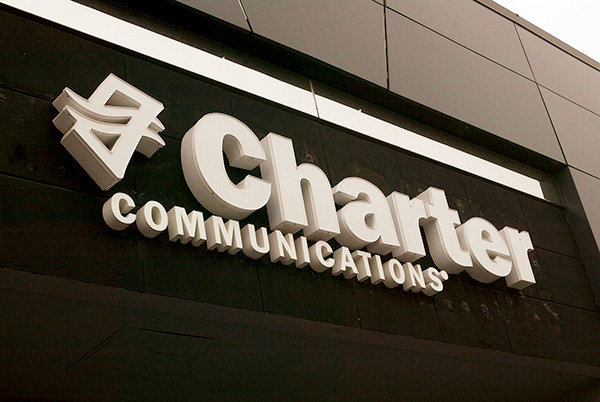Charter Communications is on the verge of buying out rival Time Warner Cable in a cash-and-stock deal worth approximately $55.1 billion, a report said on Monday.

The two companies are in advanced talks for the takeover which would value Time Warner Cable at $195 per share, according to Bloomberg sources. Charter, meanwhile, is reportedly ready to offer $100 per share in cash, and the remainder of the purchase price in stock.
A deal could be announced as soon as Tuesday. In the process Charter would roll smaller provider Bright House Networks --Â which Charter has been trying to buy for months -- into the new entity, a claim echoed by the Wall Street Journal. Bloomberg indicated that the Bright House purchase could be worth $10.4 billion.
An entity resulting from the mergers would have some 23 million customers, placing it second only to Comcast in terms of U.S. cable giants. On its own Charter has 5.9 million residential customers.
The company first tried to buy TWC in 2013, even attempting a hostile takeover. Comcast then made a move of its own, but backtracked when regulators indicated they would block a merger. There was widespread concern the deal would give Comcast too much control of the U.S. media landscape, and people like Minnesota Sen. Al Franken pointed to Comcast's poor business practices, such as favoring its own CNBC business network over Bloomberg.
Sources tell the Journal that Charter is taking a gentler approach to negotiations this time around. John Malone, the owner of Charter backer Liberty Broadband, is said to have called TWC CEO Rob Marcus early on in order to suggest a friendly deal. Charter executives also allegedly avoided a lowball bid that might've been easily rejected.
TWC has also been the target of a European telecoms group, Altice SA -- Altice backer Patrick Drahi was said to have met with Marcus on May 20. The same week, Altice announced plans to buy 70 percent of another American cable operator, Suddenlink.
Bloomberg sources claimed that Liberty Broadband is planning to buy $5 billion in new Charter stock to help pay for the deal. Another alleged part of the arrangement is a $2 billion "breakup" fee, which could compensate if Altice wins out or government regulators decide the acquisition raises antitrust concerns.
Although there has been growing resistance to consolidated media power from the public and even the U.S. government, Federal Communications Commission Chairman Tom Wheeler reportedly called Marcus and Charter CEO Tom Rutledge in recent times to assure them them that a merger would be judged on merit and not automatically banned just because cable providers were involved.


